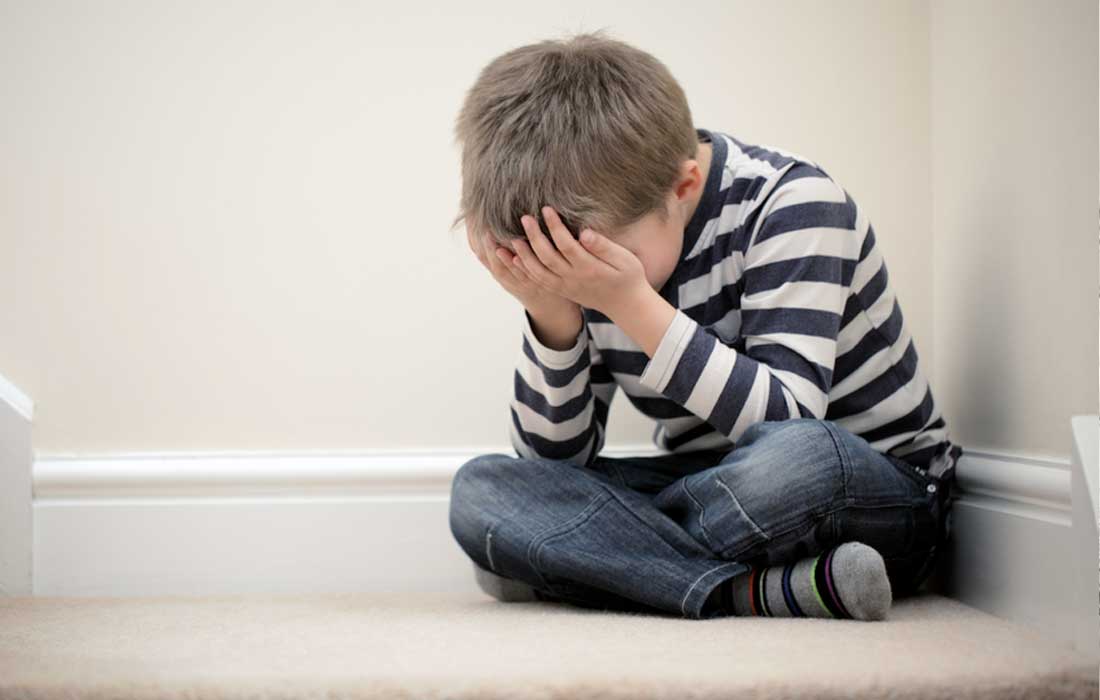Childhood Depression Awareness Day: Signs Your Child might be suffering from depression
Tue 07 May 2024
At a tender age, it is more likely for children to be affected by their surroundings. Read more to know about symptoms and treatment for depression in children.
Who you are and what you become as a human being entirely depends on how you were molded in your childhood. Your upbringing, your surroundings, your morals and life lessons, all of this is adopted by your brain when you’re a child. Childhood is a crucial stage not only because you’re beginning to learn so much but also because this is the stage when you are most vulnerable. You have no idea about the diplomacy, politics and the cruelty out in the world. You try to navigate with whatever little you are taught every single day. Which is why, it is essential for parents to ensure that their children are growing up in a protected environment and are nurtured properly.
Childhood Depression Awareness Day is observed on May 7 and was created aiming to bring light to children who suffer from depression. Unfortunately, Childhood is not the most amazing time of their life for some due to which childhood depression exists. Children born in the new generation have seen major transformations around them. “A recent study published by the Schizophrenia Research Foundation (SCARF) in Chennai revealed that more than 30% of students experience symptoms of anxiety and depression. Among the 15,000 students examined, 32% exhibited signs of moderate to severe depression, while 30% reported experiencing anxiety. Parental patterns of withdrawal and irritability have proven to result in low self-esteem in children, which ultimately predisposes them to depression. Hence, parents must understand the warning signs of depression and seek professional help.”, says Padmashri Dr. Mukesh Batra, Chairman and Founder of Dr. Batra’s Group of Companies.
From wars to increased use of technology, from severe increase in population to decrease in environmental quality of life, it seems like children have lost their right to be children! Not every child is strong enough to oversee the issues and focus on being a child. And when things start to affect the child, it overburdens them and they slowly slip into depression. Children are supposed to be looked after, loved, understood and nurtured. Here are a few symptoms you should look for to know if your child is slipping into depression.
Socially Inactive
Children are vulnerable and they cannot fake personalities. The first thing they do when a situation upsets them is disconnecting. They push themselves away from social interactions because they lose interest. They prefer being alone and that is not the best sign of a happy child. “While signs like frequent crying, sadness or tearfulness may seem like obvious symptoms of depression in the behavior of children, their inability to enjoy previously favorite activities or the inability to communicate well also may be pointing towards depression”, says Dr. Mukesh.
Irritability
When children cannot figure out the reason behind the change in their choices and behavior, they tend to act out. They are filled with unvented anger with aggressive behavior.
Drop In School Performance
Depression is a very serious issue. The first and foremost sign of depression in a child is their drop in performance in school activities and studies. They stop bothering about grades or involvement in activities and completely isolate themselves.
Disturbed Eating and Sleeping Patterns
Just like depression in adults, children stop being interested in eating food too. They won’t be excited for their favorites anymore or demand for anything. They might start getting nightmares or might develop insomnia.
Suicidal Thoughts
The unbearable pain caused by depression often leads one to think of ending it once and for all. In today’s world, with children’s accessibility to social media, they mostly tend to compare their lives with people much older to them. When that bubble bursts, they suffer through existential crisis at a very tender age, leading to suicidal thoughts.
Childhood Depression Awareness day is important as it can help save lives, increase awareness among people and treat children diagnosed with depression so that they live easier lives ahead.
(This article is published under a mutual content partnership arrangement between The Brew News and The Free Press Journal)
Childhood Depression Awareness Day

 May 19 2024
May 19 2024












